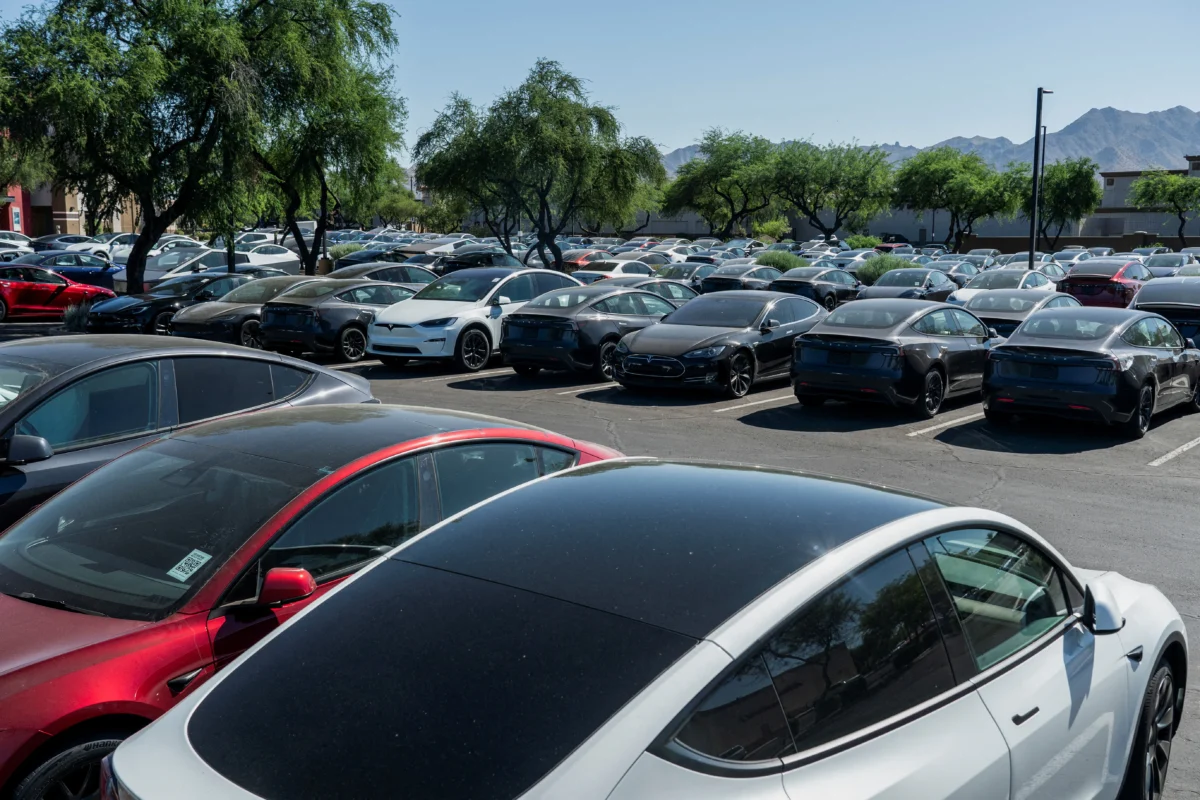Sean Duffy, President-elect Donald Trump’s pick to lead the U.S. Department of Transportation, is making road waves in his confirmation testimony to the Senate Commerce Committee.
In his testimony, Duffy alluded to the rising number of electric vehicles operating on U.S. roads and their owners’ obligation to help pay for roadway upkeep and repair, but with a notable caveat.
“They should pay for the use of our roads,” Duffy told the senate committee on Jan. 15. “How to do that is a little more challenging.”
Duffy didn’t elaborate on his proposal, but even if he is cleared for the post, the Department of Transportation has no role in deciding who pays to ride America’s roads. Instead, Duffy would need to lobby Congress, which has the authority to enact such a measure, whether that meant taxes or fees.
Currently, funds used for federally funded road management are limited to fossil fuel tax collection, which electric vehicles don’t contribute. As a component of the 1956 Highway Revenue Act, Congress set taxes for diesel and gasoline-fueled vehicles at 18.3 cents per gallon. An average gallon of gas in the United States costs stands at about $3.20 in 2025, according to the U.S. Energy Information Administration, meaning non-electric auto owners see approximately 5.7 percent of the amount they pay per gallon of gas steered toward Uncle Sam.

Some states do charge EV drivers indirectly. Data from the National Conference of State Legislatures shows that 39 states charge EV owners special registration fees.
“Of those, 32 states also assess a registration fee for either a plug-in hybrid electric vehicle (PHEVs) or non-plug-in hybrid electric vehicles with combustible engines,” the NCSL reports. “These fees are typically in addition to traditional motor vehicle registration fees.”
“EV registration fees range from a low of $50 in Colorado to a high of $290 in New Jersey starting in 2028. The fees for hybrid vehicles range from a possible low of $50 up to $150,” the report added.
Some states, including Minnesota and New Hampshire, recently attempted to tax state-wide EV owners for using public roads via ballot initiatives, but voters rejected the measures. Hawaii had better luck, as state voters green-lit a measure to pay either a mile-based road usage rate of $8 per 1,000 miles or an annual fixed rate fee of $50.00. That measure goes into effect in July 2025.
According to the analytical firm S&P Global Mobility, EV sales are expected to spike by 36 percent in 2025. EVs comprise 0.86 percent of all U.S. active and registered vehicles, with 43 states reporting adoption rates of below 1 percent.

